Dear colleagues and friends,
These are unprecedented times. Schools are empty, teachers, administrators, and counselors are adapting to working from a distance, and many people are facing devastating losses. Uncertainty is increasing stress, anxiety, and depression.
This edition of our alumni magazine, devoted to one of the most serious issues facing our schools and communities – mental health – has been in development since last fall.
Now that we are in this new, unchartered territory together, the focus of this edition takes on even more relevance and urgency. All across the world, we are seeing people coming together; neighbors helping neighbors, and Hawkeyes helping Hawkeyes.
I hope this edition provides both insight and inspiration and shines the spotlight on what our alumni, faculty, staff, community partners, and students are doing to make a positive impact. I hope the resources shared are also helpful during these challenging times.
Read more of the Dean's message
Even before coronavirus became part of our everyday vocabulary, many students were struggling with stress, cyberbullying, anxiety, depression, and thoughts of suicide. Teachers were also coping with classroom disruptions and violence. In fact, some of the biggest challenges our educators face are dealing with the non-academic issues students experience.
Now there are new challenges and stressors added to the mix, making it more important now than ever that we reach out and support one another during times of social distancing and teaching, learning, and working online.
I could not be prouder of the faculty and staff who have worked endless hours to ensure our students safely and successfully continue on their academic journeys. I am also proud of all of our alumni and friends who have adapted to the new normal, ensuring that all students are safe, learning, and well-fed while also boosting morale by doing drive-by “car parades” in communities to let their students know they miss them and care about them.
Thanks to expertise in our college and across campus, the University of Iowa is uniquely positioned to help address the school mental health crisis facing our state and country – a crisis exacerbated by new stresses related to the coronavirus pandemic.
In our college alone, several programs provide expertise: School Counseling, School Psychology, Couple and Family Therapy, Counseling Psychology, Special Education, and a new Social Emotional Learning (SEL) track in the Teacher Leader Certificate as part of the Teacher Education Program – creating a unique concentration of expertise.
Combine this with our world class health-care system, including having one of the nation’s largest, university-owned teaching hospitals, and the important work done in other colleges, and you’ll see that our entire university has distinctive strengths to make a difference.
We have a collective understanding of the severity, complexity, and depth of the problem and a shared commitment to making a difference. Our uniquely collaborative environment brings faculty together across disciplines and colleges to make new discoveries and identify solutions.
We know we can never put enough psychologists and counselors into schools to adequately address mental health issues, and so we have to help the entire school, from the janitors and coaches to the principals, administrative assistants, and teachers, by equipping them with skills and connecting them to community resources.
No matter where the future takes us, we are here to support you – our students, alumni, faculty, staff, and friends – in any way we can. Working together, I am confident we can continue to make a difference in our schools and communities. Our futures depend upon it.
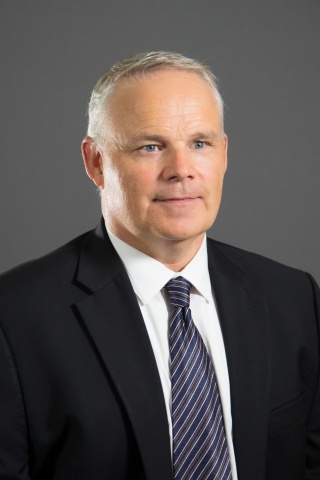
Best wishes,
Daniel L. Clay, Dean

Mental Health in Iowa
Many Iowans lack access to necessary mental health care due to systematic and cultural barriers. However, many College of Education faculty and alumni are dedicated to improving mental health access and care for Iowans.

Mental health in K-12 schools
In today’s world, K-12 students are experiencing higher levels of anxiety, depression, and trauma than previous generations, making the need for school mental health resources more urgent than ever.
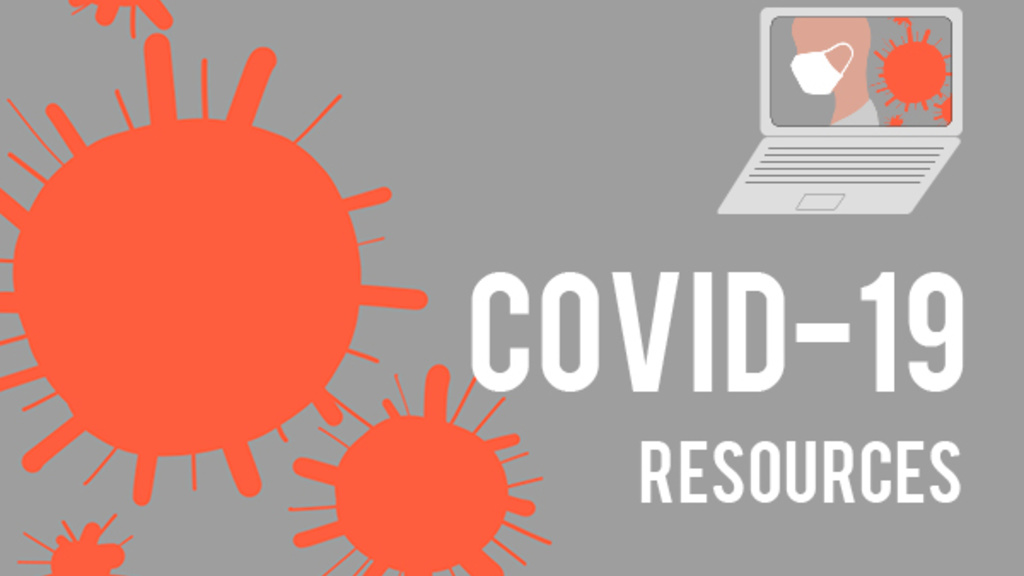
COVID-19 Resources
Looking for accurate information about COVID-19? Need help transitioning to online teaching? Struggling with your mental health during social distancing? These resources will help you navigate constantly changing and challenging times.
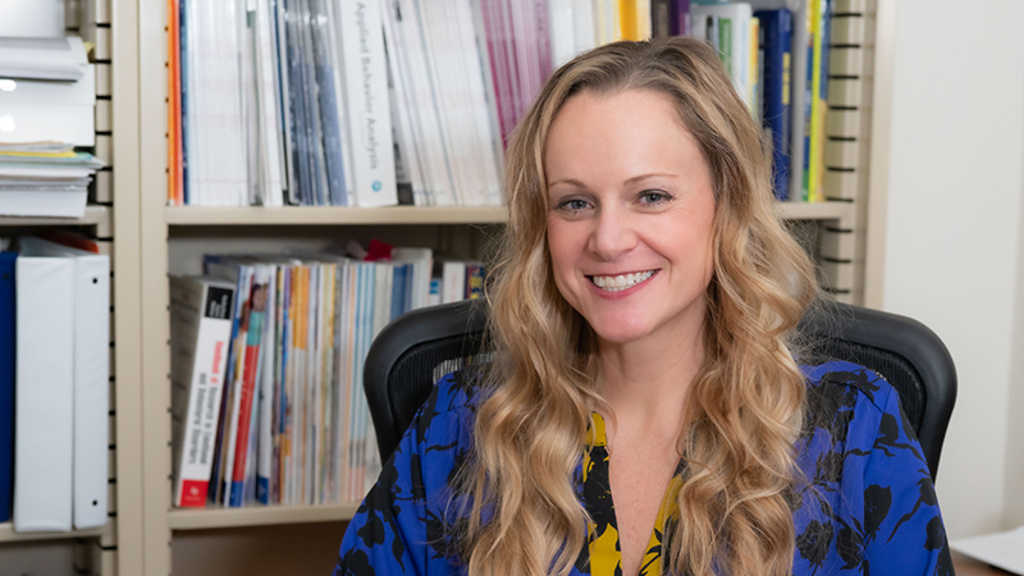
Office Hours: Allison Bruhn
Allison Bruhn is helping schools create an environment focused on the well-being and success of their students.
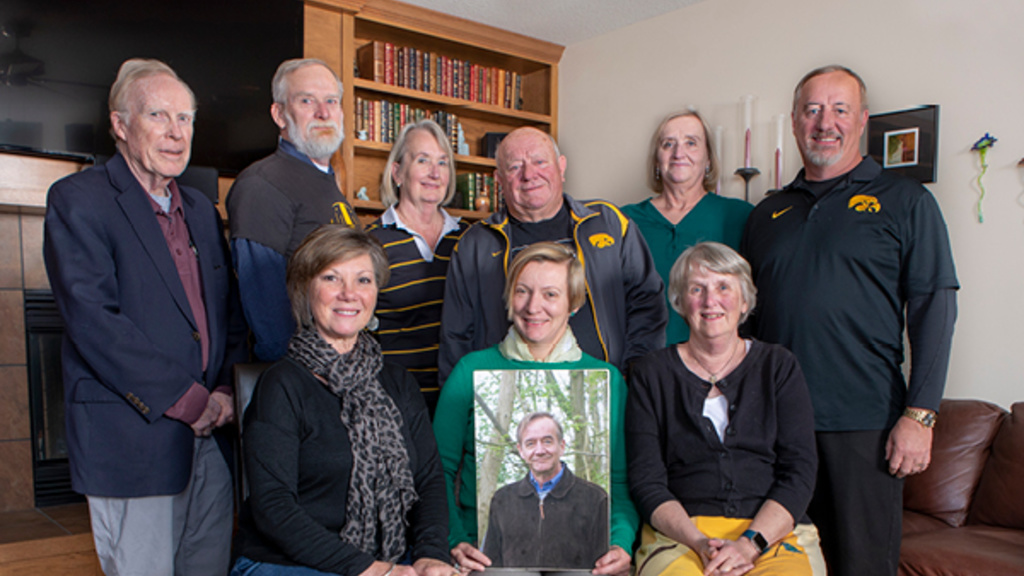
Celebrating Al Hieronymus' legacy
A scholarship fund created by the family of Albert "Al" Hieronymus, honors the life of this testing pioneer who always put people first.
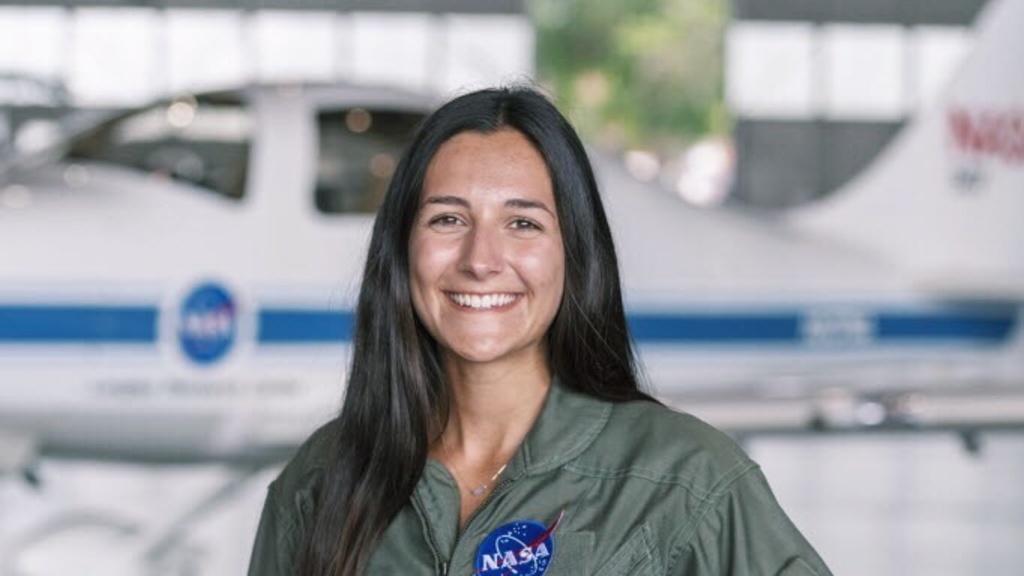
Student Spotlight: Moore gets out of her comfort zone through NASA Internship, global travel
Katie Moore is no stranger to getting out of her comfort zone. During the summer, she had a rare opportunity to intern at the NASA Langley Research Center.
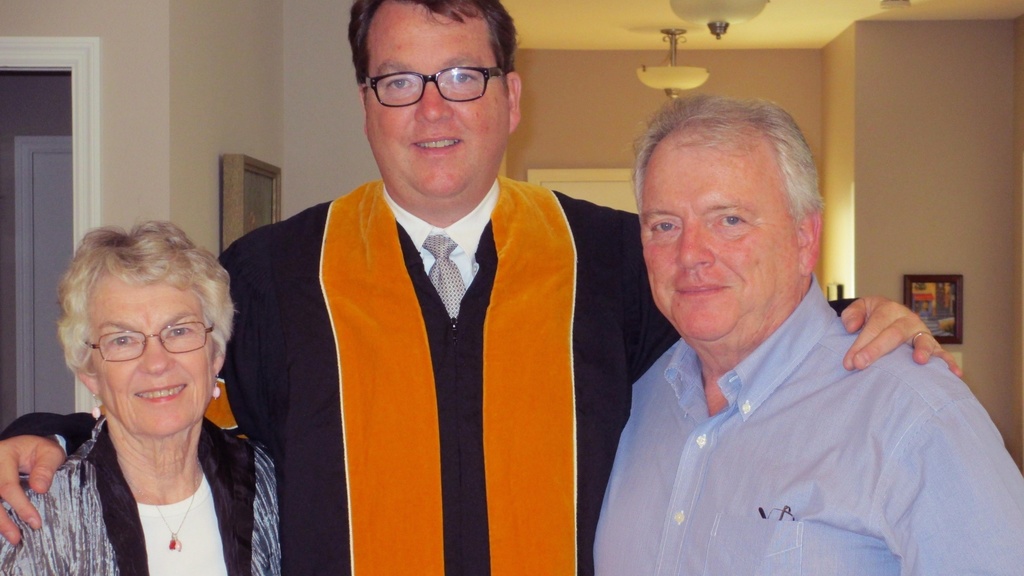
Generations of Hawkeyes: the Cornins
After growing up in an environment constantly engaged in education, it was no surprise to Dave and Jan Cronin when their son Tim decided to follow in their footsteps.
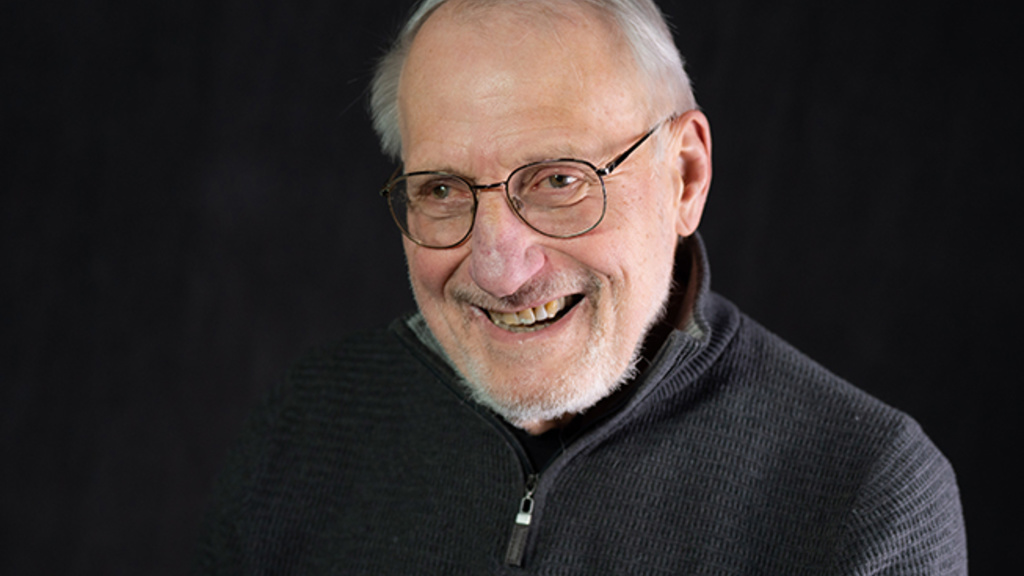
Retirements 2020
Saying farewell and thank you to mentors, leaders, and innovators.
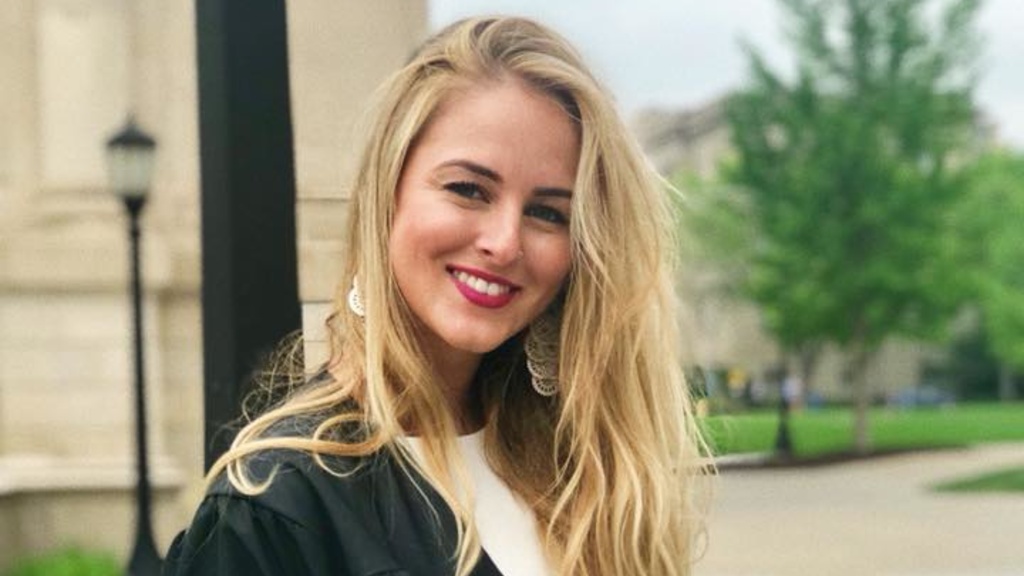
First Generation Spotlight: Alyssa Guzman
Alyssa Guzman (BA ’18), a graduate student in the Master of Arts in Teaching program in secondary English education, shares her first-person insights on navigating higher-education as a first-generation student.